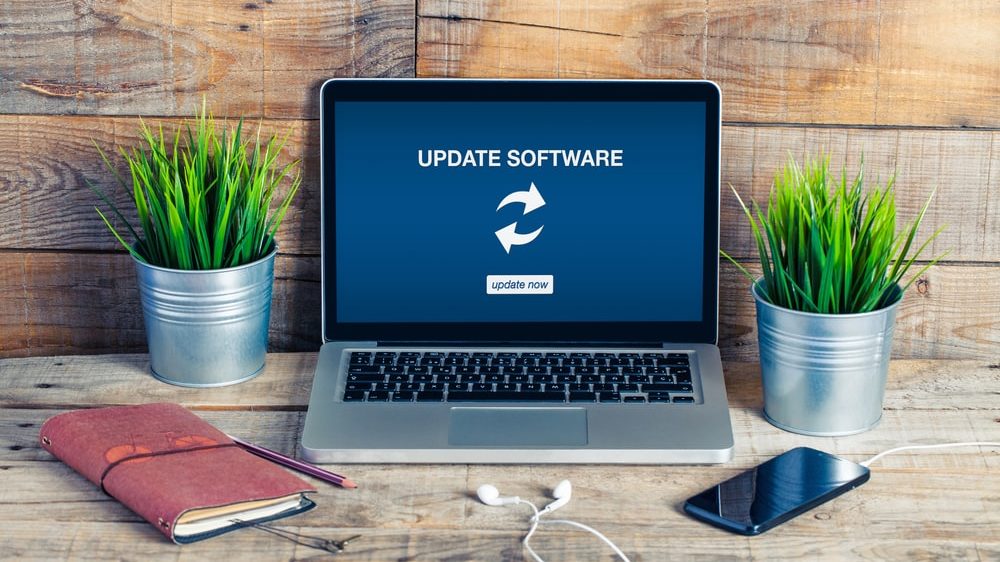
Anyone who buys a computer realizes very quickly that technology progresses at an extremely rapid pace. It seems by the time that you get your computer, plug it in, and set it up for use, there is a newer and more improved model on the market. This can be especially infuriating for business owners who know the importance of keeping up to date with technological advancements but don’t have it within their budget to make it happen.
How do you know when it is time to upgrade that laptop, desktop, high-end copier, telephone, router or whatever else you have running your business? How can you determine whether your equipment can last a few more months/years or whether it is in dire need of an immediate upgrade? Here are some considerations to think of to help figure out the difference:
My technology is just old
It is a fact of life that as your technology gets older, software upgrades take a toll on the processing speed of your machine. An older device may not be able to handle newer software upgrades and start slowing down, thus cutting down the productivity of your employees and hurting your business.
Also, older models may be at risk in regards to security. Older computers may not have the capability to fight off modern day viruses that are roaming the Internet.
My technology can’t keep up with my business needs
Technology not keeping up with your business can fall into a few different categories. This can be as simple as having staff that are constantly on the road or working remotely and yet the equipment they use was not effectively designed for travel and remote work.
Also, it might entail a growing business, needing faster response times in regards to processing client requests and your computers not being able to keep up with the tasks at hand. Whatever the case may be, it is imperative that your technology works with your business and its needs to ensure optimal functionality.
Vendors no longer support my current technology
Like most expensive purchases, technology tends to have a limited warranty, or in regards to servers, they have what vendors call “end of life.” When a piece of equipment is end of life, the vendor may have very limited restrictions on what problems they can assist you with, and sometimes they may no longer provide any support at all which will leave you and your business in the dark if an issue were to arise.
Keeping track of your technologies’ warranties is vital so that if an issue arises you are not surprised with either very expensive repair options or with no options at all other than a sudden, hefty replacement expense.
While it is not realistic for most business owners to replace everything all at once, it is vital that you start developing a technical strategy. This will allow you to start putting a plan in place to obtain new equipment and begin to maintain a record of when you have purchased new items and when these items may need to be replaced. By maintaining an investment and deployment timeline of your new equipment, it will enable you to better plan for future purchases so that your equipment and business can continue to run smoothly and operate efficiently.
If you think you may need some strategic guidance on how your business can put a plan in place to purchase new equipment for your company, feel free to contact The TNS Group. We will gladly discuss your needs, create a budget, and help you to put a plan in place that will help your business keep up with the current technological changes.
Categories: Managed Service Provider, MSP Blogs




